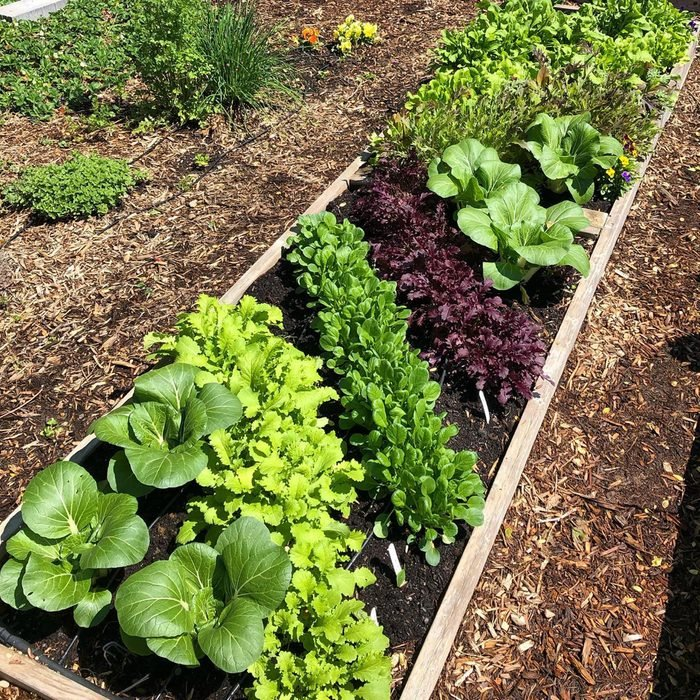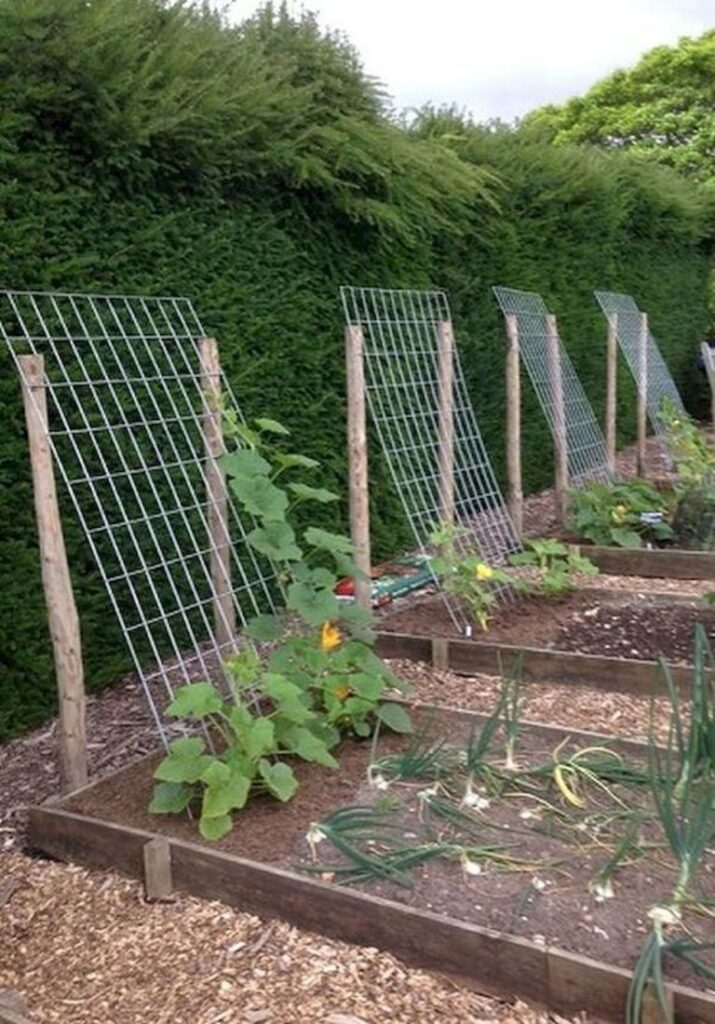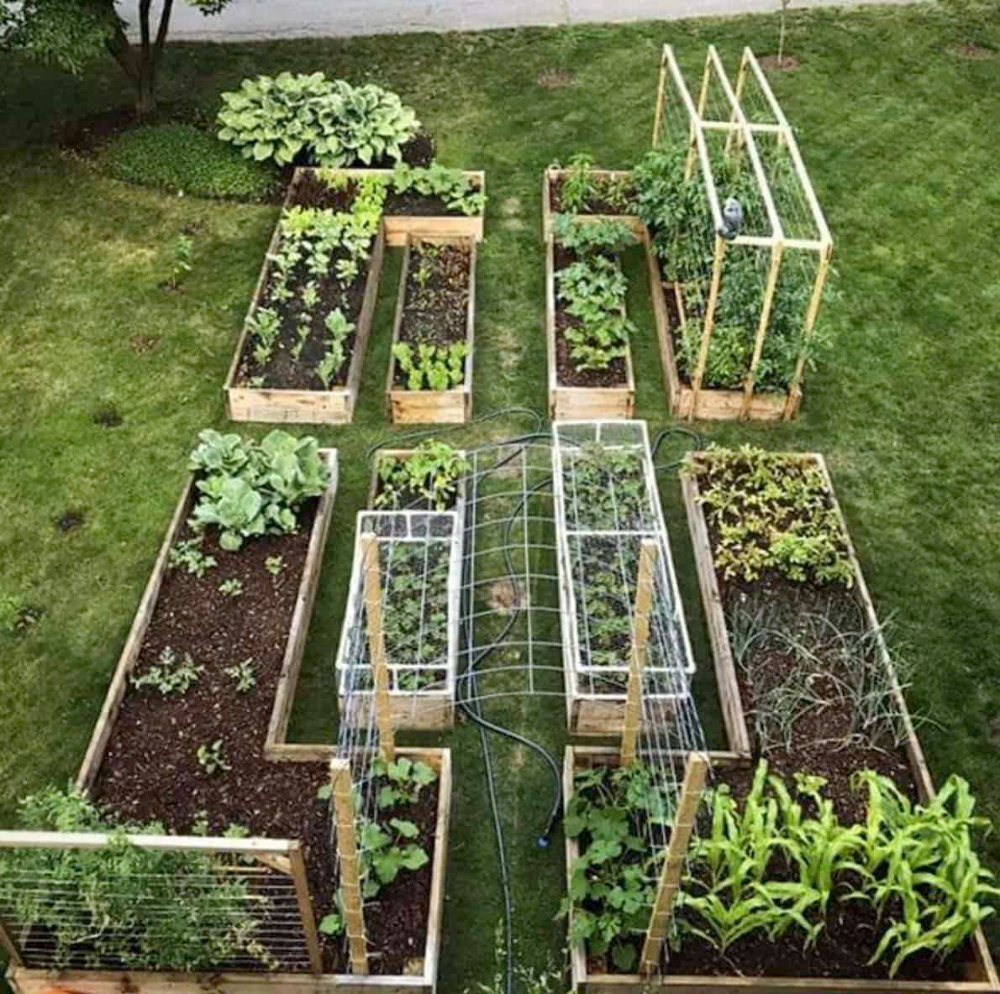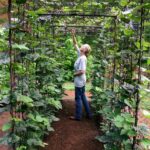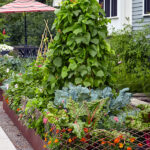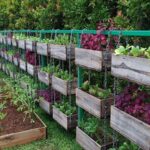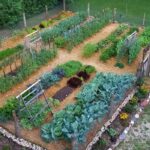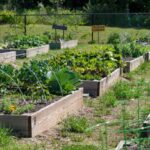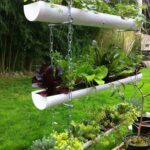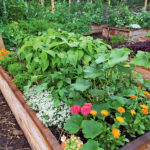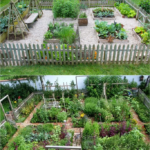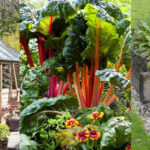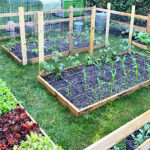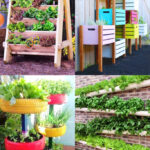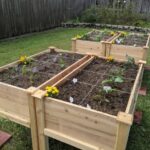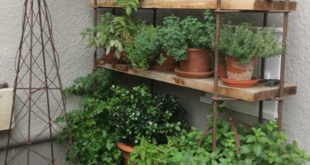When it comes to gardening, there are endless possibilities for creating a beautiful and productive vegetable garden. Whether you have a small balcony or a spacious backyard, there are plenty of creative ideas to get you started. One popular option is to create raised beds, which not only look attractive but also provide good drainage and make it easier to maintain your garden. You can use materials such as wood, bricks, or even cinder blocks to build your raised beds.
Another great idea for a vegetable garden is to incorporate companion planting. This involves planting different types of vegetables together that benefit each other in some way. For example, planting carrots alongside tomatoes can help repel pests and improve soil health. Researching which plants go well together can help you maximize your garden’s productivity and health.
If you have limited space, consider vertical gardening. This involves growing plants upwards rather than outwards, which is great for small spaces. You can use trellises, hanging baskets, or even repurpose old pallets to create a vertical garden. This can be a fun and unique way to grow your favorite vegetables while saving space.
Another idea for a vegetable garden is to create a themed garden. You can choose a specific color scheme, such as all green vegetables or all purple vegetables, to create a cohesive and visually appealing garden. Or, you can choose a specific cuisine, such as Italian or Asian, and plant vegetables commonly used in those dishes. This can add a fun and creative twist to your garden and inspire you to try new recipes.
For those who are short on time or space, container gardening is a great option. You can use pots, planters, or even recycled containers such as old buckets or wheelbarrows to grow your favorite vegetables. This is a low-maintenance option that can be easily moved around to optimize sunlight and space. Plus, it adds a decorative element to your garden.
Lastly, consider adding a compost bin to your vegetable garden. Composting not only reduces waste but also provides nutrient-rich soil for your plants. You can compost kitchen scraps, yard waste, and even paper products to create a sustainable and eco-friendly garden. Additionally, adding compost to your soil can improve its structure and fertility, leading to healthier and more productive vegetables.
 yishifashion Where Outdoor Dreams Become Reality
yishifashion Where Outdoor Dreams Become Reality
